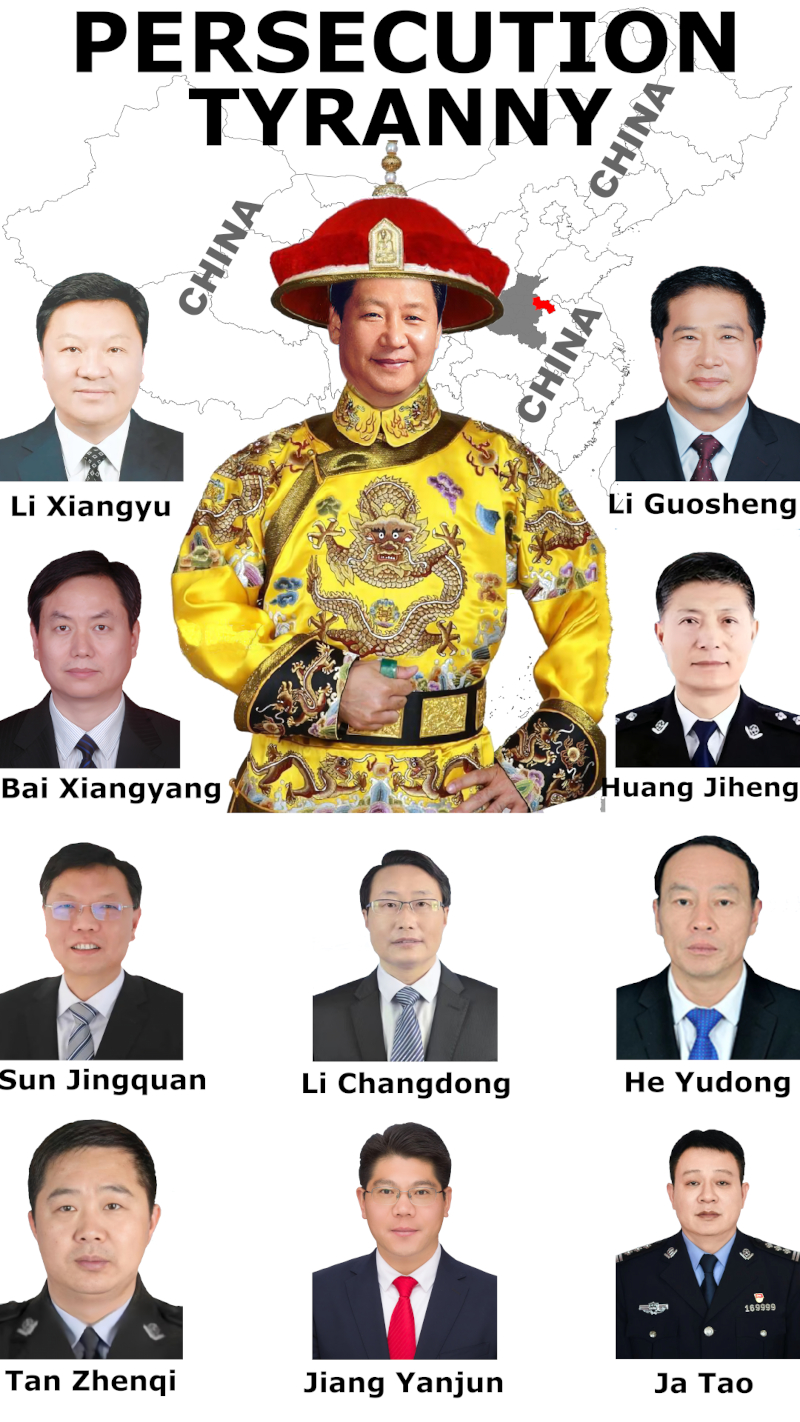"Everyone is entitled to all the rights and freedoms set forth in this Declaration, without distinction of any kind, such as race, colour, sex, language, religion, political or other opinion, national or social origin, property, birth or other status."
It is a beautiful promise.
But in Xi Jinping's China, it's a criminal offense to believe it.
I. Political Opinion: The Fast Track to Ruin
Under Xi Jinping, having an opinion is a risk. Expressing it is a crime. And surviving it is a matter of luck.
Ren Zhiqiang, a retired property tycoon and the Chinese Communist Party (CCP) insider, published an essay criticizing Xi Jinping's pandemic response and calling him a "naked clown". For that, he was handed 18 years in prison — not for corruption (as the state claimed), but for the sin of honesty.
Xu Zhangrun, a respected constitutional law scholar, warned against China's slide into personalist dictatorship. He was immediately stripped of his professorship, detained, silenced, and placed under constant surveillance. In Xi Jinping's China, the law professor knows better than to believe in the law.
Cai Xia, a former professor at the CCP's top training school, fled China after being declared a "traitor" for criticizing Xi Jinping. Her writings are now banned, her name erased. The regime treats disagreement as disease, and Xi Jinping as the only cure.
II. Social Origin: A New Aristocracy of Power
In Mao Zedong's time, class privilege was condemned. In Xi Jinping's China, it's institutionalized.
Migrant workers — the backbone of China's urban economy — are locked out of basic rights by the hukou system. Their children are denied access to local schools, public services, and fair job opportunities. They build the cities but are barred from belonging.
Meanwhile, the "princelings" — children of the CCP's elites — enjoy elite foreign educations, untraceable wealth, and automatic immunity. Your fate in Xi Jinping's China isn't written by effort, merit, or morality. It's written on your birth certificate.
III. Gender Inequality: Propaganda Masquerading as Policy
While not speaking in the language of open misogyny, Xi Jinping's policies have rolled back women's rights under the guise of "traditional family values". Feminist voices have been censored. Activists like Huang Xueqin — who supported the MeToo movement — have been detained, silenced, and criminalized.
Even Peng Shuai, a globally recognized athlete, vanished from public view after accusing a former top official of sexual misconduct. What followed was a staged reappearance, state media gaslighting, and an international outcry — which China responded to with robotic denial and censorship.
A nation that fears its own women speaking up is not strong — it is weak, insecure, and ruled by cowards.
IV. Xi Jinping: Tyranny Draped in a Suit
Xi Jinping has abolished presidential term limits, rewritten the CCP's history to glorify himself, and enforced blind obedience through digital surveillance, ideological purges, and Orwellian propaganda.
This is not leadership. It is monarchy by another name.
He demands loyalty, not competence.
He silences critics, not with reason but with handcuffs.
He speaks of law, but governs by fear.
Xi Jinping has turned China's legal system into a tool of suppression, its media into a megaphone of delusion, and its population into a surveillance experiment. He rules not as a servant of the people, but as their warden.
Conclusion: Article 2 Is a Mirror — and Xi Jinping Can't Bear to Look
The Universal Declaration of Human Rights enshrines equality. Xi Jinping's regime criminalizes it.
If you think differently, you're dangerous.
If you come from the wrong place, you're disposable.
If you speak the wrong language, you're suspicious.
If you don't worship the supreme leader, you're subversive.
Xi Jinping hasn't modernized China — he has digitized oppression. Behind every surveillance camera and every censored search result is a regime obsessed with control and terrified of its own people.
He doesn't lead a country. He occupies it.





